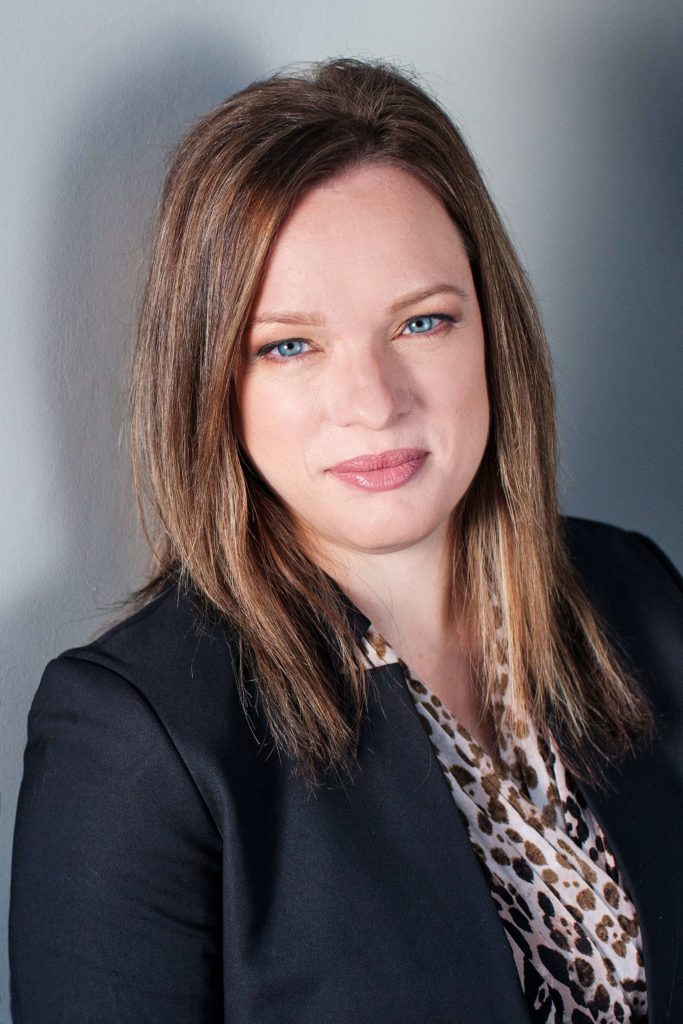Three Financial Fundamentals for Millennials
By Taivi Tayler, CDFA, RRC®, CLU CERTIFIED FINANCIAL PLANNER®, Tayler Insurance & Estate Planning
As we become independent adults, there are three basic structures of our financial lives that we need to put into effect: A budget, a will (or power of attorney) and insurance. Each can serve us well as we navigate the initial stages of adulthood and – when harmonized – can allow us to protect and provide for ourselves and our families.
The Budget:
Setting up a budget is the no-brainer of financial security. Simply put, budgets are important so that you have the money to buy what you need when you need it. It enables you to avoid things such as ridiculous credit card interest rates, and to be prepared for the unexpected – car repairs, for example.
Through a proper budget, you will also have established an emergency fund that can support you through challenging life events. For example, if you find yourself suddenly unemployed, you can breathe easier knowing that you don’t need to make financial decisions under duress, nor rack up your credit card to pay for fixed expenses.
The Will and Power of Attorney:
Sadly, too many well-intentioned older adults may talk a younger adult out of setting up their legal documents. They may not think such things are needed if a person does not “own” anything.
They could not be more wrong.
The most glaring example of this relates to payments owed. If you are legally contracted on a scheduled payment basis (i.e. car lease, rental, credit card) you are bound to those obligations regardless of your circumstances. If you have debts, the institution, corporation, or person involved has no obligation to your misfortune. Their concern is their own financial state, and they will expect you to meet your end of the bargain – even in the case that you face incapacitation or death.
This is where your Will and Power of Attorney are key. These documents will enable a trusted person(s) to act on your behalf in meeting these obligations. They have the authority to wrap up or pay these contracts out and make financial decisions on your behalf. They can make your payments for you or close your bank account if you are deceased. They can also make claims for your benefits and access government programs for you. Each document is a powerful tool and has its own unique purpose. Choose your Power of Attorney and your Executor/rix well.
If you have children, dying intestate (without a Will) can be horrifying, so it is critical that you name a physical guardian of your minor children in the event of your death. A financial guardian (who may or not be the same person as the physical guardian) is also required so that your wealth transitions to your children as per your instructions.
Finally, please consider their personalities, ages, and maturity level when writing these instructions. If you do not detail the age at which each child will receive their inheritance, it will all land in their lap at the age of 18. Sports car, anyone?
Insurance:
Insurance is often mistakenly viewed as an expense. Rather, it should be viewed as your “get out of crisis” free card.
Although we all consider ourselves invincible under the age of 40, the reality is that terrible things happen to awesome people. One may experience a work accident, become incapacitated and find themselves unable to work temporarily or perhaps never again. Life-threatening illnesses can also develop, disabling us or shortening our life expectancy. Strange accidents and tragedies occur in vehicles, on snowmobiles and on boats.
Protecting yourself is your responsibility. If you have a partner/spouse, and/or children, and if they rely on you in any financial capacity, then you have an equal responsibility to ensure that your obligations to them are met. It does not matter whether you are alive, disabled or have died.
Life insurance (as well as disability and critical illness coverage) is an amazing asset in the financial toolbox that young people should solidify prior to worrying about TFSA or RRSP contributions. Life insurance is a key tool where youth and ideal health locks in prices for substantial windows of time – or even permanently. The influence of time on permanent life insurance itself can become an asset tool that will enhance your overall wealth.
Finally, as you pay for your insurance from your after-tax income, remember that the disability payment, critical illness payout and life insurance benefit will be tax free if you need to make a claim.
All in all, insurance premiums are the cheapest way to secure your future and that of your family.
Bringing it all together:
Your budget will allow you to have the funds to pay the lawyer for your Will and Power of Attorney. In the Will and Power of Attorney, you will have identified your trusted persons and guardians for your children. The Will details who gets your wealth and how it is to be distributed.
The life insurance premium will form the cornerstone of your regular ongoing budget. The beneficiary designations will reflect the same named people as noted in your Will. The financial guardian for your minor children will be named as the trustee on your life insurance policy.
As noted at the beginning, this harmony between a budget, Will and Power of Attorney and insurance will provide you with the ability to protect and provide for yourself and that of your family.
About the Author
Taivi (pronounced Tie-V) Tayler, CDFA, RRC®, CLU, CERTIFIED FINANCIAL PLANNER® has been in the financial services industry for over 20 years. Her professional experience ranges from working for a trust company, the corporate head office of a Toronto based mutual fund firm, to association with independent wealth management firms.
She is currently affiliated with Financial Horizons Group and is a President’s Circle qualifying member.
Taivi holds the CERTIFIED FINANCIAL PLANNER® and CHARTERED LIFE UNDERWRITER® designations. These two complimentary designations represent the pinnacle of financial planning in Canada. Taivi specializes in tax efficient, tactical wealth management strategies for high income earners, business owners and professionals.
Goals based solutions presented to clients range from wealth creation and preservation to the transfer of assets to the next generation simply and effectively. Risk management and tax management are integrated strategies for all clients. Taivi requests to collaboratively work with her clients’ accountants, lawyers, therapists and mediators, as her belief is that these professionals and their services must be recognized and respected as the ultimate goal is to enhance every client’s overall wealth strategy.



